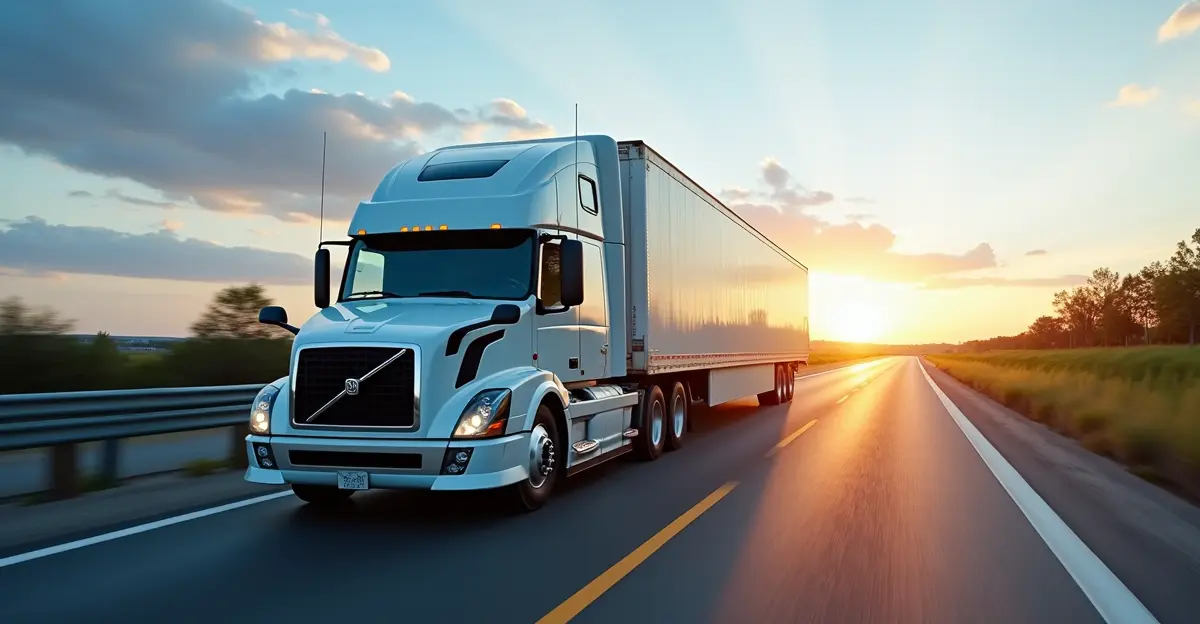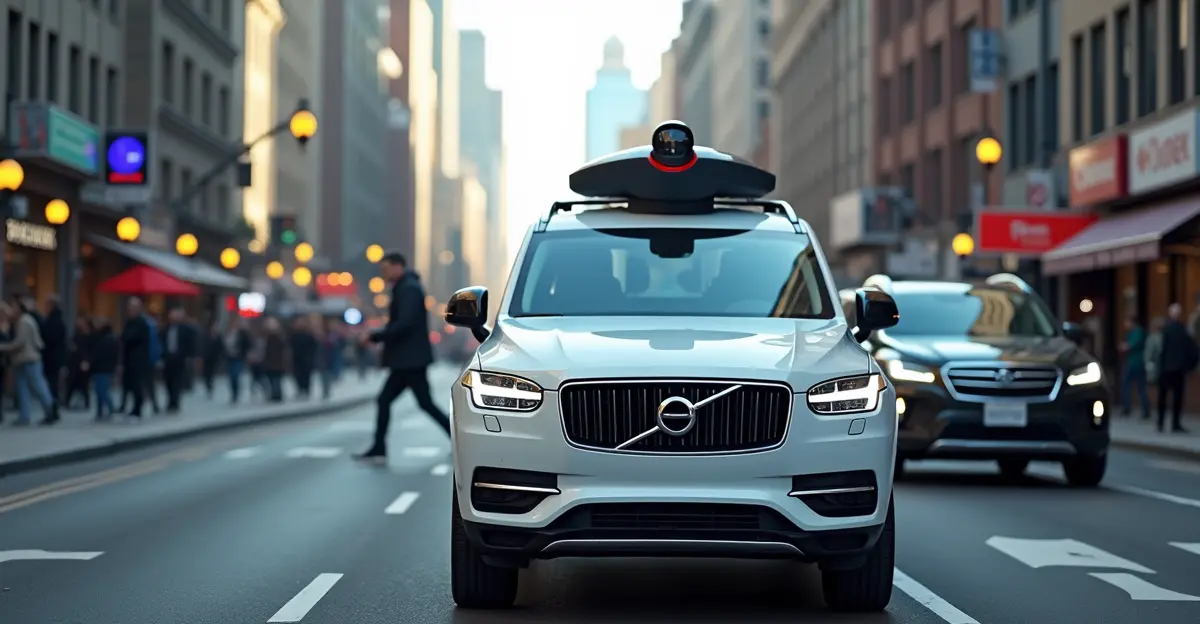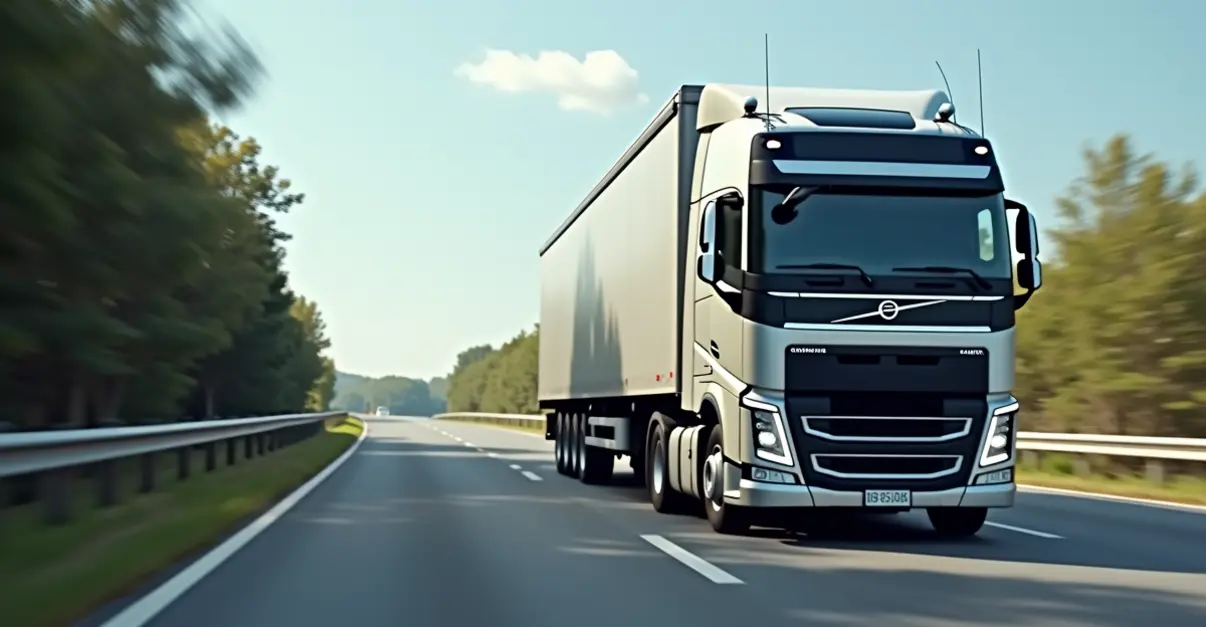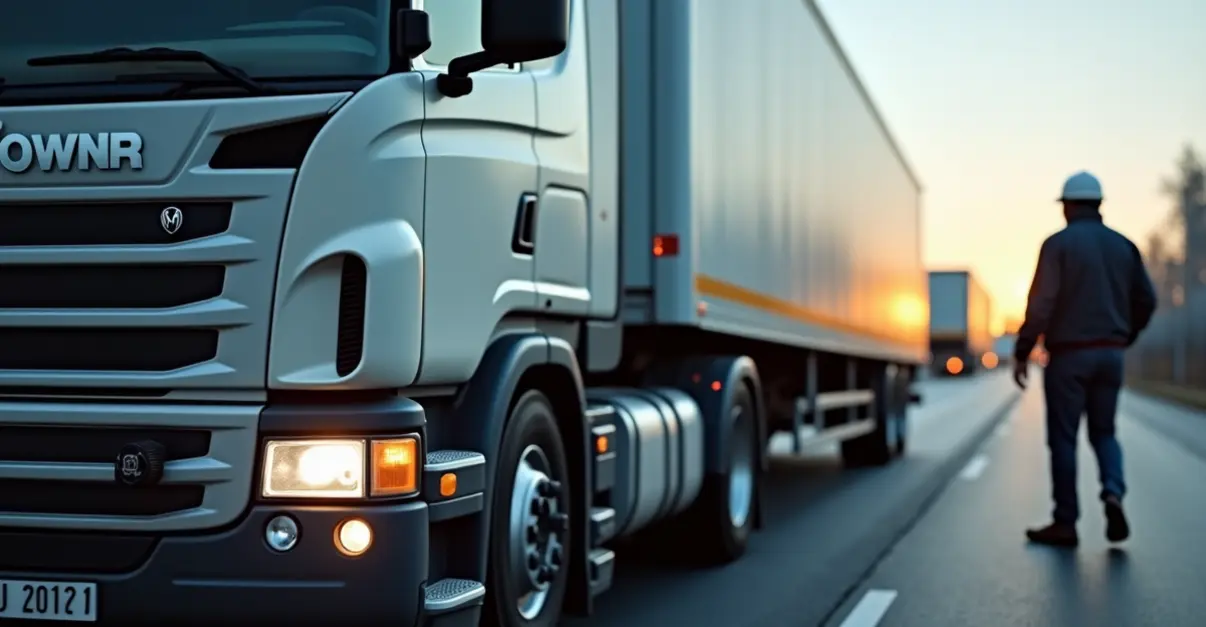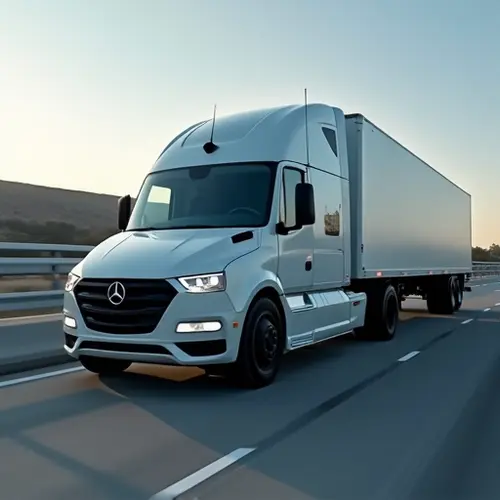Autonomous Truck Pilot Program Receives Highway Approval
In a landmark decision that could reshape the future of freight transportation, regulatory authorities have approved a comprehensive autonomous truck pilot program for operation on major highways. The approval comes as the trucking industry faces unprecedented challenges including severe driver shortages and rising operational costs.
Logistics Efficiency Breakthrough
The newly approved pilot program represents a significant step forward in autonomous vehicle technology. According to industry experts, autonomous trucks could address the critical driver shortage that's projected to reach over 170,000 positions by 2030. 'This approval marks a turning point for the logistics industry,' said transportation analyst Michael Chen. 'We're looking at potential efficiency gains of 30-40% through continuous operation without human limitations.'
The program will utilize advanced sensor technology including LiDAR systems that can perceive environments up to four football fields away. Companies like Aurora and Kodiak Robotics have already demonstrated successful driverless operations, with Aurora completing the first driverless commercial freight run in Texas in April 2025, hauling frozen goods 200 miles from Dallas to Houston.
Safety Oversight and Regulatory Framework
Safety remains a paramount concern in the autonomous trucking rollout. The approved pilot includes comprehensive safety protocols and oversight mechanisms. 'We've implemented redundant safety systems and rigorous testing requirements,' explained Sarah Johnson, a regulatory affairs director. 'Every autonomous truck will have multiple backup systems and continuous monitoring to ensure public safety.'
The regulatory framework builds on recent developments including California's proposed rules for testing self-driving heavy-duty trucks and the National Highway Traffic Safety Administration's new autonomous vehicle framework. These measures aim to balance innovation with public safety while establishing clear guidelines for autonomous operations.
Labor Impact and Workforce Transition
The autonomous truck pilot has sparked significant discussion about labor impacts. With approximately 3.55 million professional drivers in the US alone, the transition to autonomous technology raises important questions about workforce displacement. 'We need to address the human element of this technological shift,' stated Teamsters Union representative David Martinez. 'While automation brings efficiency, we must ensure proper retraining programs and fair transition plans for affected workers.'
Industry leaders are developing hybrid models that maintain human oversight during the transition period. The transfer hub model appears to be gaining traction, where autonomous systems handle highway portions while human drivers manage local streets and complex urban environments.
Economic Benefits and Market Projections
The autonomous truck market shows tremendous growth potential, with projections indicating it could reach a $600 billion market by 2035. The technology promises to offset rising transportation costs driven by higher driver salaries and fuel expenses. 'The economic case for autonomous trucks is compelling,' noted logistics consultant Emily Rodriguez. 'We're looking at potential cost savings of 25-30% per mile while improving delivery reliability and reducing environmental impact.'
Current pilot programs are demonstrating tangible benefits including reduced fuel consumption through optimized routing and continuous operation capabilities. The technology also enables more precise scheduling and improved asset utilization, addressing key pain points in traditional trucking operations.
Future Outlook and Industry Response
As the pilot program moves forward, industry stakeholders are closely monitoring its progress. Major truck manufacturers including Daimler and Volvo are developing autonomous platforms, while technology companies continue to refine their autonomous driving systems. 'This is just the beginning of a major transformation in freight transportation,' said industry veteran Robert Thompson. 'We expect to see widespread deployment on highways across the United States by 2027, with full autonomy following as technology and regulations mature.'
The successful implementation of this pilot program could pave the way for broader adoption of autonomous trucking technology, potentially revolutionizing how goods are transported across the country while addressing critical industry challenges.

 Nederlands
Nederlands
 English
English
 Deutsch
Deutsch
 Français
Français
 Español
Español
 Português
Português
